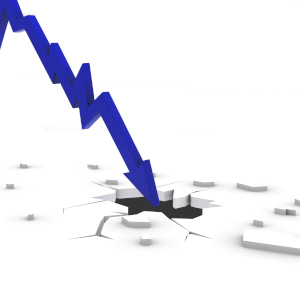Some market values to decline by over 3.5%
Home value growth is likely to slow down across Australia this year, according to a recent report.

The new CoreLogic-Moody’s Analytics Australian Forecast Home Value Index suggests the appreciation of residential home values in Australia is expected to stagnate in 2016 due to lower income growth.
“Our forecast reflects lower income growth as the Australian economy transitions away from mining-related investment, as well as the strong build-up of housing supply over the past two years,” Moody’s Analytics economist Alaistair Chan said.
Moody’s Analytics expects house values to increase by 1.1 per cent year on year in the third quarter of 2016, down from a gain of 10.8 per cent in the third quarter of last year.
Sydney’s housing market is expected to cool in 2016, with prices forecast to decline by 0.6 per cent in the third quarter.
While Melbourne’s house price growth is currently outstripping Sydney, the gains are not expected to last.
“Conditions in Melbourne are again expected to outperform Sydney this year, with values forecast to rise by 7.2 per cent in 2016, before slipping back to just 1.3 per cent growth in 2017,” CoreLogic research director Tim Lawless said.
House prices in Perth are expected to decline by 2.5 per cent in the second quarter of 2016 and by 7 per cent in the rest of Western Australia.
In Queensland, house price growth is expected to slow but not decline, rising by 1.7 per cent.
House prices in Darwin’s volatile market are expected to decline further, with a drop of 3.7 per cent forecast for the second quarter.
House prices in South Australia are also expected to underperform, tipped to expand by just 0.3 per cent this year.
The market in the ACT remains robust, with house values expected to rise by 5.3 per cent.
Despite this slowdown, Moody Analytics predicts the economy is set to return to trend growth.
“Nevertheless, accommodative policy, robust rental growth, and a recovering labour market are expected to support valuations over the medium term,” Mr Chan said.